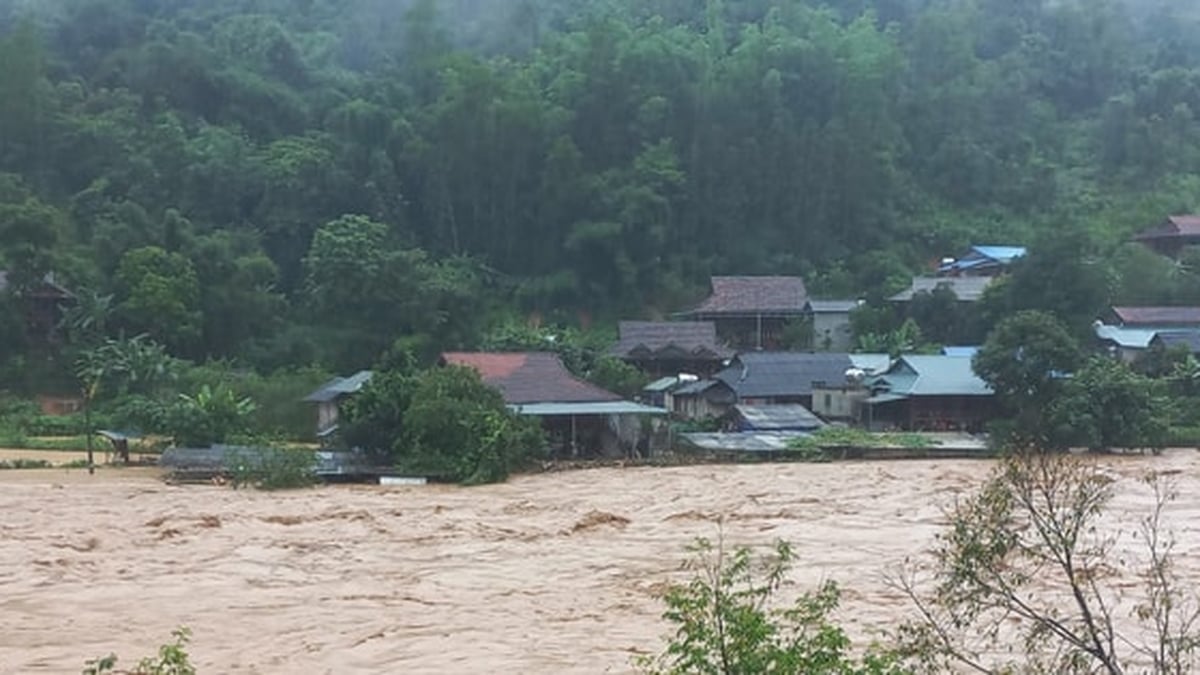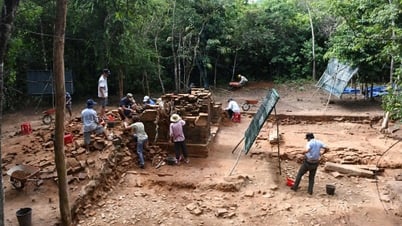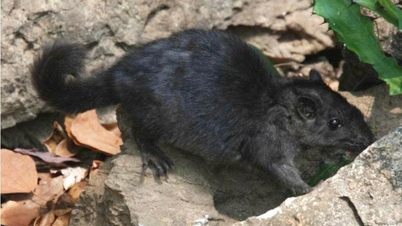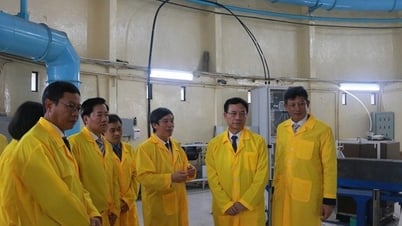A groundbreaking study by scientists from UCLouvain University (Belgium) and the University of Geneva (Switzerland) has revealed the surprising role of volcanoes in regulating the Earth's climate. The work was published in the prestigious scientific journal "Nature Communications."
Contrary to the conventional perception of volcanoes as a source of carbon dioxide (CO2) emissions, new research suggests that these mountain ranges also act as giant natural "carbon traps."
Professor Pierre Delmelle, head of the research team from the Earth and Life Institute at UCLouvain, stressed the importance of this discovery: "We need to broaden our perspective on the role of volcanoes, not only as sources of emissions but also as underground carbon stores."
The mechanism of this “carbon trap” is explained through the formation of ash layers (tephra) after eruptions. These sediment layers create an ideal environment for the formation of volcanic soils - which are capable of absorbing and storing large amounts of organic carbon.
To test the theory, the team conducted a survey in the Andes Mountains of Ecuador. They analyzed tephra layers formed after an eruption 2,270 years ago. The results showed that the amount of carbon stored in the soil even exceeded the amount of gas released during the eruption.
This discovery opens up a new approach in the fight against global climate change. According to Professor Delmelle, nature always has surprising balancing mechanisms that humans need to continue to explore and learn./.
Source: https://www.vietnamplus.vn/he-lo-vai-tro-bat-ngo-cua-nui-lua-trong-viec-dieu-hoa-khi-hau-trai-dat-post1044328.vnp



































































































Comment (0)